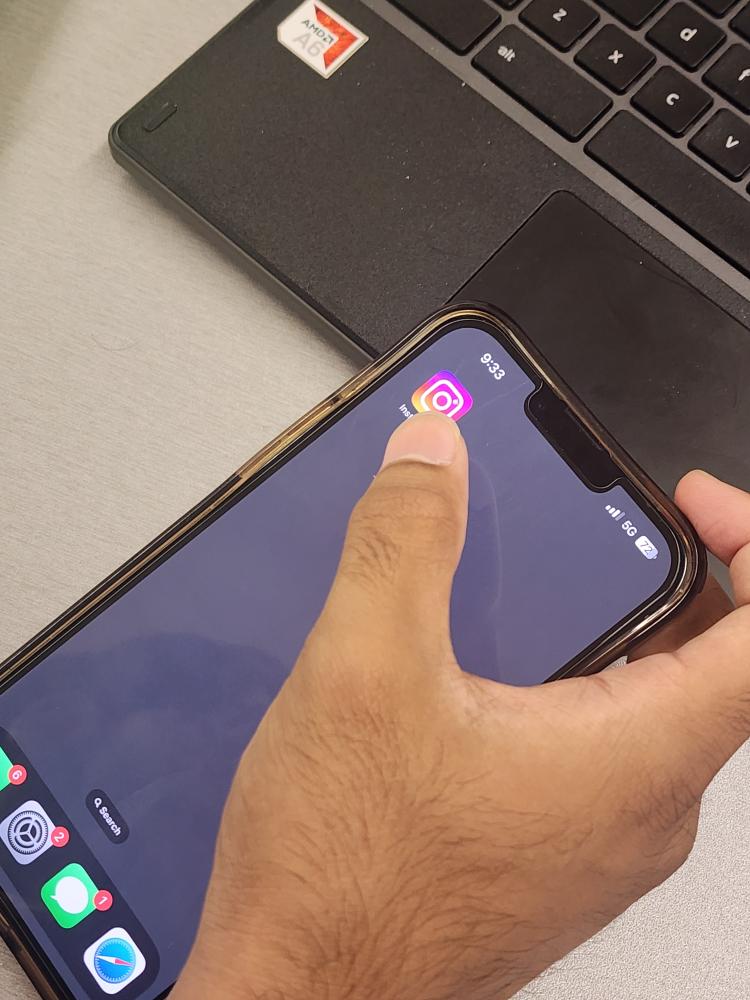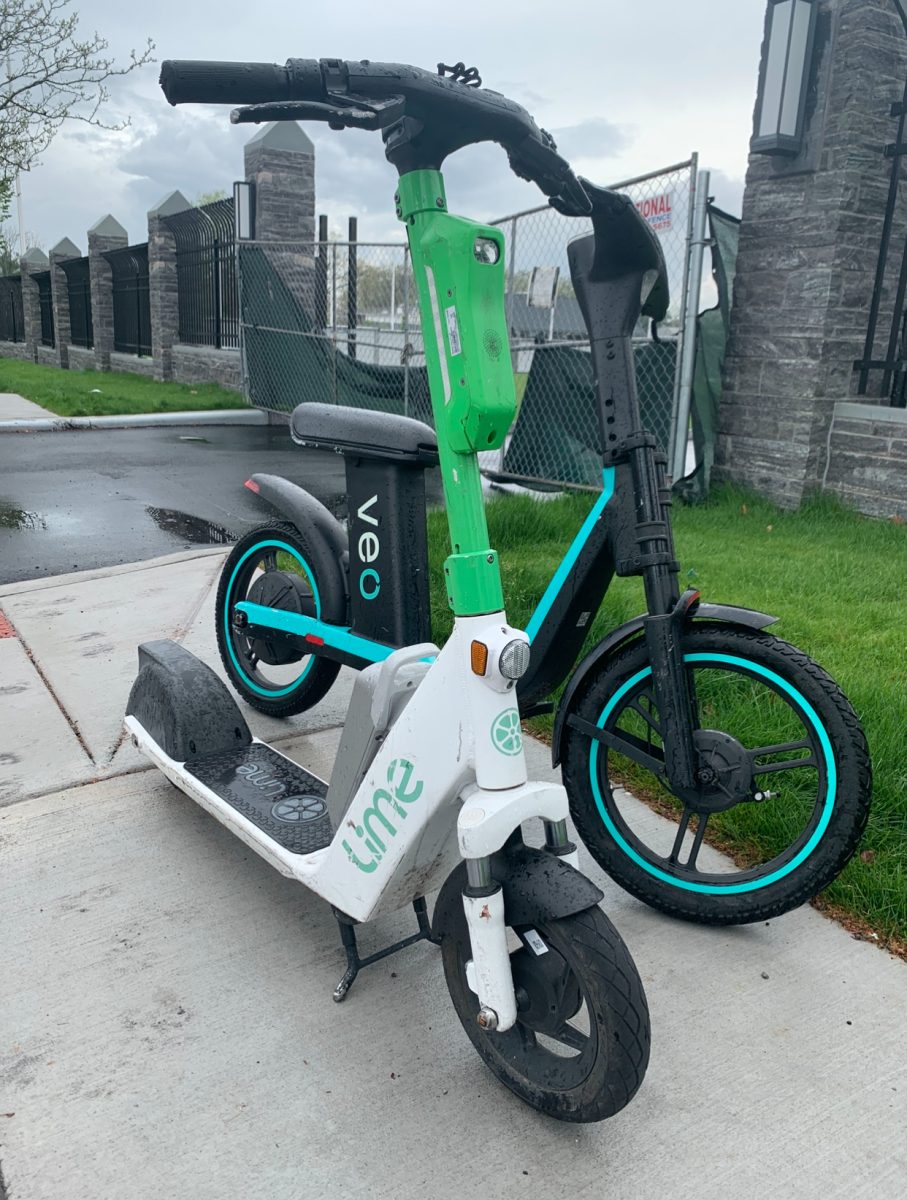
Caption: Now that a new year is upon us, reconsider answering that sketchy phone number as it may be a potential scam call.
Have you ever received a call from an unknown number posing as an employee from a big company, proposing that you have been a victim of a fraudulent claim?
These anonymous numbers are known to be scam callers. These calls tend to impersonate themselves as tech support agents, bank agencies, and even your local health insurance company! And once they obtain enough of your personal information, they can even impersonate you.
As of 2023, there has been a recent spike in the number of scam calls received in the U.S. Studies suggest that at least 15% of Americans have fallen victim to these scam calls. Although anyone can be victim to scams, individuals with lower cognitive levels are more likely to fall prey to these scammers as well.
Those affected by spam calls seem to have negative feelings about its impact. “I think they are undesirable,” Maruf Niloy said. “Sometimes I answer them if they’re in my area, otherwise I don’t give them the time of day.”
Others may question how these scam centers can get our information. Surprisingly enough, public records are one of the main methods for obtaining your number, which would normally be known as private data. However, this information can be obtained just by searching your name on a search engine. Pop-up ads are another common scheme to obtain personal information. In just a few seconds, these websites work quickly to steal your data, and can even go as far as installing spyware into your computer. Edison Senior, Ariel Kissoon discusses her belief on how these scam centers acquire her so-called private data.
“There should be better precautions… They happen often to a lot of people and some are gullible enough to answer them because it can be seen as an important call,” Kissoon said. “If you stay on the line for a minute or two, they will be able to track you.”
Whether these scam centers call random numbers, the impact of these scams across America is rather undesirable and is rather just a waste of time for individuals who get them on a day-to-day basis. Edison Senior, Sandy Persaud shares her opinion on the impact of scam calls.
“I think they’re a waste of time, most of the calls are just useless and they just want your money,” said Persaud. “They look up random numbers and that’s when they steal more information from you.”
Some methods to bypass these scam calls are to avoid answering numbers that you are not familiar with, especially if the number area code seems rather strange. On the occasion that you do answer these calls, look for obvious questions that the caller tends to avoid answering.
Remember, the true intention of these calls is to access your personal information for malpractice, including your social security number, your bank information, and even your insurance details.
Works Cited
“Everything to Know about Phone Number Spoofing.” Usa.kaspersky.com, 20 Nov. 2023, usa.kaspersky.com/resource-center/preemptive-safety/phone-number-spoofing#:~:text=Fraudulent%20c allers%20have%20also%20used. Accessed 3 Jan. 2024.
Inc, Gallup. “Scams: Relatively Common and Anxiety-Inducing for Americans.” Gallup.com, 21 Nov. 2023, news.gallup.com/poll/544643/scams-relatively-common-anxiety-inducing-americans.aspx#:~:text=WASHINGTON%2C%20D.C.%20%2D%2D%20Financial%20scams. Accessed 3 Jan. 2024.
“What to Do If a Scammer Has Your Phone Number (in 2023).” Www.identityguard.com, www.identityguard.com/news/what-to-do-if-a-scammer-has-your-phone-number#:~:text=Many%20scammers%20obtain%20phone%20numbers. Accessed 3 Jan. 2024.“Why Do I Get so Many Spam Calls? 3 Reasons and Solutions.” Www.communityphone.org, www.communityphone.org/blogs/why-do-i-get-so-many-spam-calls. Accessed 3 Jan. 2024.
































